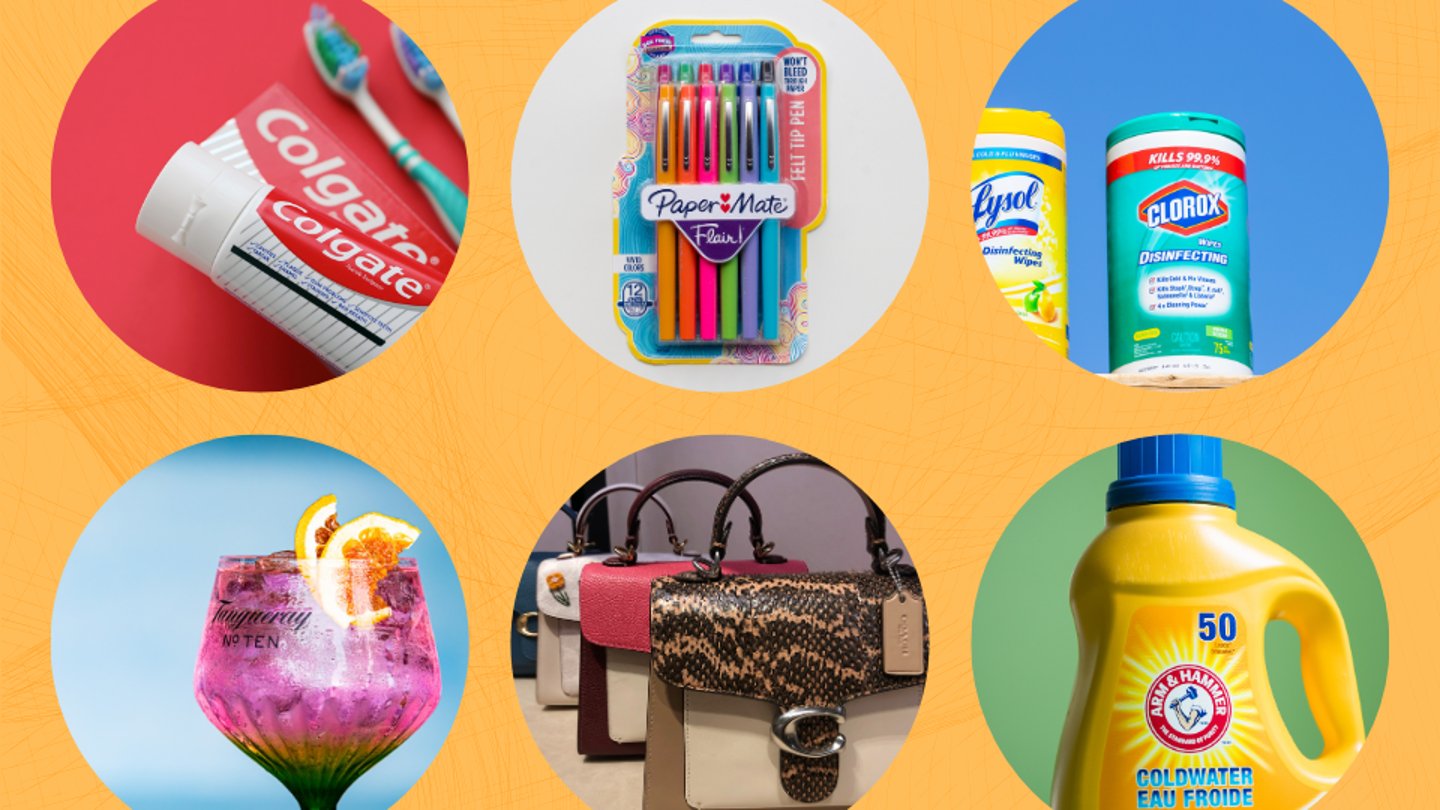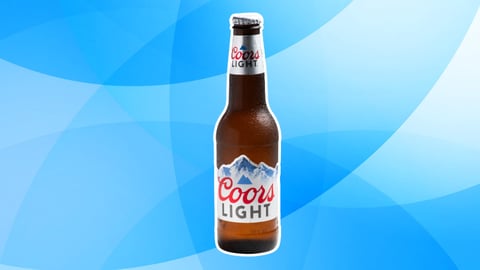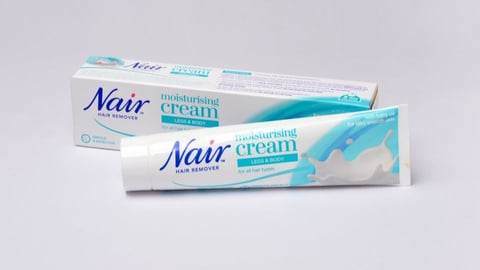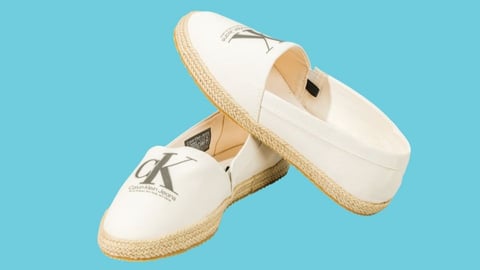AI for Colgate, Value Sizing for Clorox, Shelf Resets for Newell: How CGs are Confronting Consumer Uncertainty
Major consumer goods companies have shifted their strategies as they look to court a cautious consumer, according to statements shared during recent earnings conversations.
Sentiment remains weak amid a volatile global economy marked by high inflation and geopolitical uncertainty, and companies such as Colgate-Palmolive are centering their long-term plans on enhanced personalization and brand engagement, while others like Tapestry are successfully leveraging data to acquire and retain the high-value Gen Z demographic.
Learn how companies such as Clorox, Church & Dwight, Newell and Diageo are meeting financially stressed consumers where they are, acknowledging a landscape where promotional intensity and trading down have become the new normal.
Colgate-Palmolive
AI is at the center of Colgate-Palmolive's strategy to bolster consumer confidence and sustain strong brand engagement.
Noel Wallace, chief executive officer and president, said today's consumers face uncertainty due to tariffs, the geopolitical landscape and high inflation. In North America, consumer sentiment is relatively weak, according to the company. There's a higher level of couponing, and Hispanic traffic is down.
For this reason, the company is shifting to a long-term strategy, to be completed by 2030, that will focus on process improvements enabled by AI.
New agentic capabilities will help enable optimizations across digital, data, analytics, product innovation and personalization. Colgate-Palmolive will seek out key partnerships with major retailers — such as Walmart, which is working with OpenAI, or Amazon — to "make sure our brands play at the forefront of the exciting change that we're going to see from shopper behavior."
"We are using predictive analytics and automation more and more across our supply chain to deliver personalization at scale, drive optimal asset utilization, minimize downtime, improve our service levels and enhance our quality systems." — Noel Wallace, CEO & President, Newell
Additionally, AI will drive optimizations within content creation, where Colgate-Palmolive will use generative AI to transform its marketing and digital strategies.
"We're going to significantly enhance consumer engagement through optimized real-time and compelling visual storytelling through AI-developed content," said Wallace, adding that the company already has several pilots in play that are showing early success in large markets.
Diageo
Diageo is looking at long-term consumer needs as it battles weaker-than-expected sentiment for the quarter. Manik Jhangiani, interim chief executive officer, said tequila faced category weakness and increased promotional intensity due to consumers trading down. Additionally, increased competition in the space has led to more frequent and deeper discounts.
The company is focused on shifting from ultra premium to super premium, asking itself how it can meet consumers where they are while continuing to drive affordability with smaller sizes. As Diageo considers what drinking occasions and behavior look like in the future, it is exploring lower-ABV, calorie-controlled and portion-controlled options.
Tapestry
Tapestry has been focused on a consumer-centric, omnichannel approach to new-customer acquisition, specifically targeting the Gen Z demographic. The company said it acquired more than 2.2 million new customers globally in the quarter using a data-driven approach. Of those, 1.7 million were new to Coach, led by Gen Z.
Younger consumers are transacting at higher volumes and also have higher retention rates, the company reported. Additionally, the generation is influencing other demographics, driving overall global growth.
Tapestry is leaning into consumers' desire for personalization, further investing in customizable bag charms and straps. It is embedding deeper consumer insights and "rigorous" testing across its product development processes to drive relevancy across its assortment.
Clorox
The Clorox Co. is using a methodical approach to price-pack architecture as it navigates a consumer landscape that remains under stress. Consumers are reacting to the level of volatility and uncertainty in the market, impacting their shopping behavior, said CEO Linda Rendle during the company's recent earnings call.
Though impacts are very category-specific, with litter and trash seeing price changes and increased promotions, the company's goal is to give consumers different size options so they're not turning away from branded products to which they are historically loyal.
For example, Clorox is implementing price-pack architecture within its Brita brand to ensure it can capture consumers who might not be able to afford a larger pitcher at the moment.
"We're also offering them a Hidden Valley offering that is right for them if they want to get the very best value per ounce or if they can't afford to get that large size and they just need something in their pantry that's going to get them through the next few meals." — Linda Rendle, CEO, The Clorox Co.
Church & Dwight
Church & Dwight has seen mixed results in consumer sentiment amid the volatile environment.
"Promotional intensity is elevated in some categories and household finances are stretched as high borrowing costs and delinquencies weigh on discretionary spending, including big-ticket items like cars and housing." — Richard Dierker, CEO & President, Church & Dwight
The company's strategy is to remain proactive rather than reactive, particularly in pack sizes and innovation.
"You have to meet the consumer where they're at in different channels, like the drug channel or the dollar channel, and have the right pack sizes and right price points," he said.
Newell
Newell Brands has seen a significant pullback from low-income consumer households and those in the 18-24 age demographic across general merchandise categories. Consumers are under financial pressure, including from tariffs that have driven up prices.
Christopher Peterson, president and CEO, said that within the writing category, Newell has an advantage due to its domestic manufacturing, which is helping keep prices stable compared to competitors, who increased price tags in October.
Additionally, the company has looked to increase consumer engagement through shelf resets, particularly within its Yankee Candle business. So far, Peterson says the new assortment is showing strong consumer demand.
As for its home and commercial business, Peterson said Newell has been "proactively pricing throughout the year to offset tariffs and protect margins, but several competitors did not immediately follow."
"As a result, we took the decision late in the third quarter to increase promotional activity to restore price competitiveness, which will put near-term pressure on sales and margins as the broader market adjusts to higher sourcing costs and small kitchen appliances from Southeast Asia." — Christopher Peterson, President & CEO, Newell Brands






